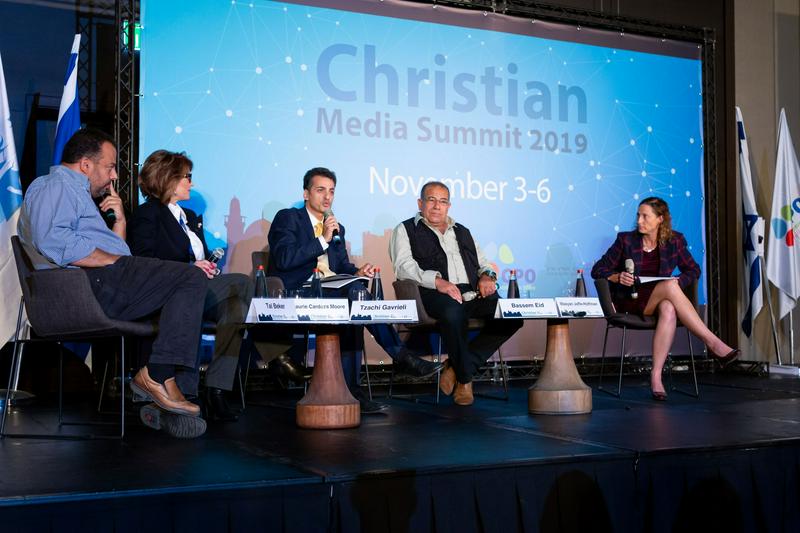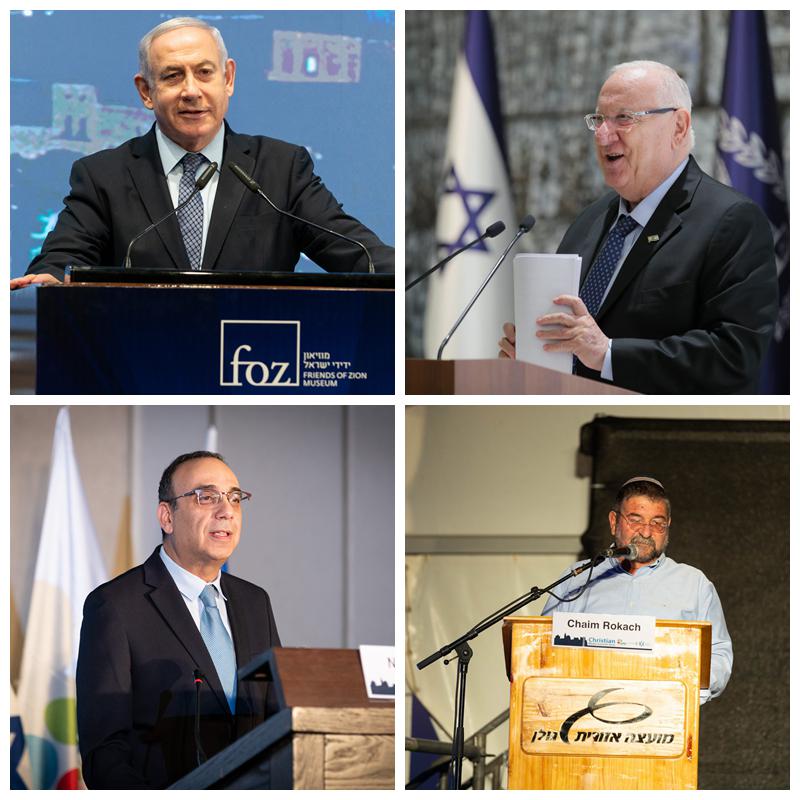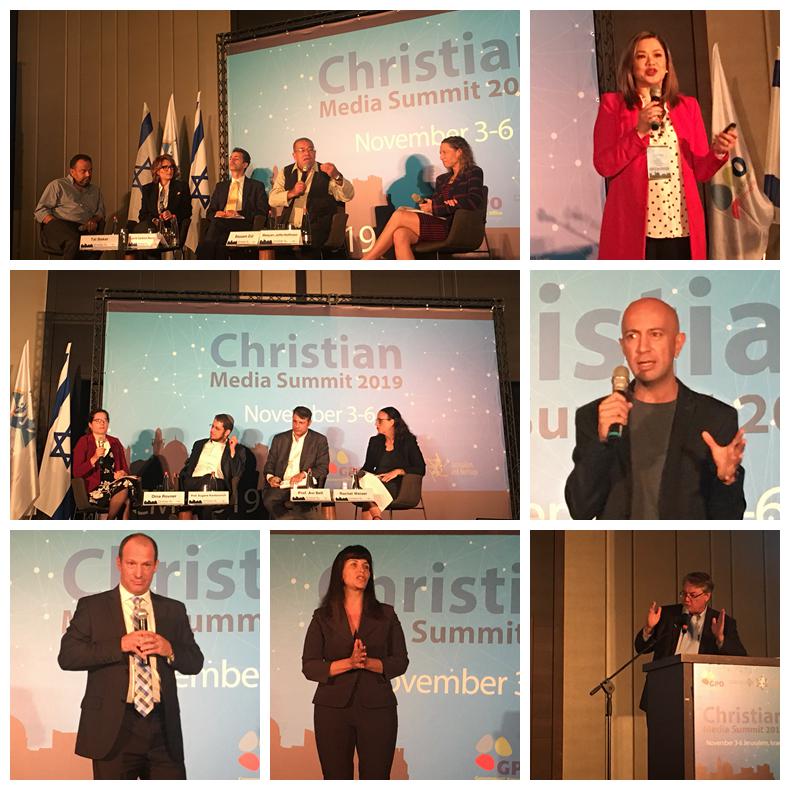From November 3 to 6, 2019, the Third Christian Media Summit was held in Jerusalem, attended by more than 150 media professionals from 30 countries.
Israel's Prime Minister Benjamin Netanyahu spoke in the grand opening saying that there were close relations between Christians and Jews. "We have no better friends in the world than our Christian friends,and I want to thank each of you for your friendship," said Netanyahu. He highlighted that Israel provides freedom of religion, especially for Christians who are under constant attack in the Middle East. At the beginning of the 20th century, twenty percent of the population of the Middle East were Christians, but now the percentage had declined to four per cent.
He added that there was an alliance of those who believe in the Judeo-Christian tradition. Christianity and Judaism shared common values and that was why the participants had. He urged the journalists, TV executives, writers, and bloggers to stand up for freedom of belief for all. He also affirmed the U.S.'s recognition of Jerusalem as Israel's capital and the Golan Heights as the country's land and mentioned anti-Semitism and Zionism.
On the the fourth day, President Reuven Ruvi Rivlin hosted the participants for lunch at his residence.
President Rivlin welcomed the guests to "Israel's eternal capital - Jerusalem". He addressed his guests by saying that peace came together with truth and truth would never come if the connection of the Jewish people to Israel was denied. In 1800, his family returned to Jerusalem and since then, the seven generations have lived there. He praised the U.S.recognition of Jerusalem as the capital and its action of moving the its embassy to Jerusalem.
Later he talked about two threats facing the Jews - anti-Semitism and anti-Zionism, which he said were actually against Israel. He appealed to Israeli neighbors saying they needed to know that the children of Israel had returned home to the land of their ancestors and it was their destiny to live together. Despite this, they were ready to share with others.
He believed in the possibility of peace in the region, but was aware that it took time and there was a mutual need to build confidence. Since the founding of Israel in 1949, the Christian population has been on the increase. He promised that the country will always promote freedom of worship and respect for biblical sites. "The country also helps to develop holy sites", he said. The most recent project was the Qasr el Yahud baptismal site on the Jordan River where Jesus was said to have been baptized. Large numbers of Christians visit there.
In addition, one of the Summit's highlights was that the younger generation of Christians students who study media also attended the conference. At President Reuven's residence, a German student got down on his knee and made an apology on behalf of Germans for the harm to the Jewish people that was caused by the Holocaust. He claimed that although he was not responsible for what his people had done during the Holocaust, he needed to be responsible for the future and how to deal with the past.
Those young students were invited to join an interview project in which they were grouped into two-person teams and interviewed their partners about their impression of Israel in Jerusalem's Old City.
In addition to this, three half-day panel discussions and speeches were held, focusing on the topics of the key role of Israel in the Middle East, BDS (Boycott, Divestment & Sanctions--a movement by Muslims against Israel), double standards in international law pertaining to Israel, and the next generation of Israel advocacy.
Meanwhile, the attendees made tours to the Shalva National Center for the disabled, the Golan Heights, the Katzrin Talmudic Village, and the Emek Tzurim archeological site to get a glimpse of the country's politics, culture, society, and history.














